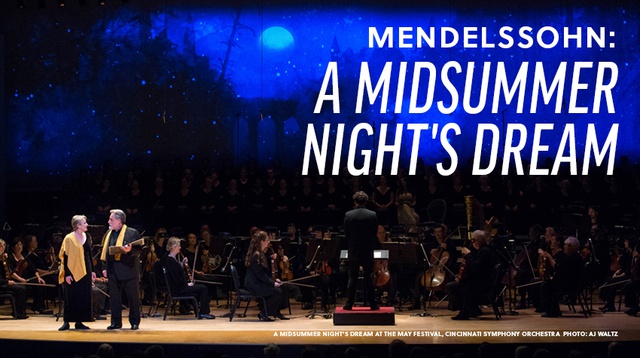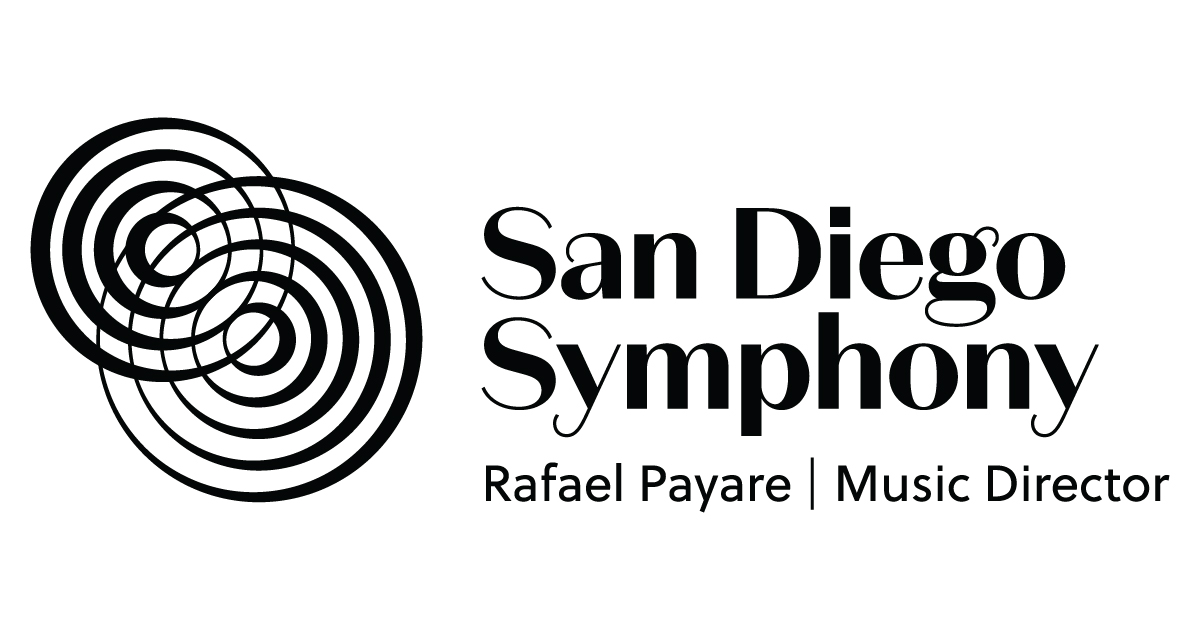Mendelssohn: A Midsummer Night's Dream

Shakespear's Comic Fantasy Of Four Lovers Who Find Themselves Bewitched By Fairies Is A Cunning View Of Love, Jealousy And Marriage. For Centuries It's Been One Of Shakespeare's Most Beloved Plays.
Modern audiences love experiencing a movie accompanied by a live orchestral performance of the film score — look no further than the San Diego Symphony’s upcoming performances of Coco, Harry Potter and the Deathly Hallows™ Part 1, and Mary Poppins in concert for evidence of this trend. These kinds of concerts may seem like a recent innovation, but they reach back hundreds of years to the beginnings of Western theater, when plays had orchestras accompanying the action with music by prominent composers ranging from Purcell and Mozart to Beethoven and Schumann. Mendelssohn’s music for A Midsummer Night’s Dream fits squarely into this theatrical tradition. Based on the popularity of his youthful concert overture for the play (written when he was just 17!), the composer was commissioned to write a full score to accompany Shakespeare’s comedy.
THE RESULT — MENDELSSOHN’S ONLY THEATRICAL WORK
— WAS A SMASH SUCCESS, AND FOR DECADES, THE MUSIC WAS INEXTRICABLY LINKED TO THE PLAY.
However, by the 20th century, theatrical tastes had changed. Spoken plays no longer have the resources to include full orchestras, and the lush underscoring of dramatic works has become a rarity. While concert suites drawn from Mendelssohn’s 19th-century “film score” have long been popular with audiences, it has become nearly impossible to experience this music in the context for which it was intended.
Until now.
In a production conceptualized by Gerard McBurney featuring stunning projections by Chicago-based artist Mike Tutaj, the San Diego Symphony performs every note Mendelssohn wrote to dramatize Shakespeare’s immortal words, accompanying a cast of actors. Experience for the first time the interaction between this delightful music and the twists, turns, and humor of Shakespeare’s comic masterpiece.
![]() "The course of true love never did run smooth..."
"The course of true love never did run smooth..."
LYSANDER, ACT 1, SCENE 1
Share Article
Back to all posts
